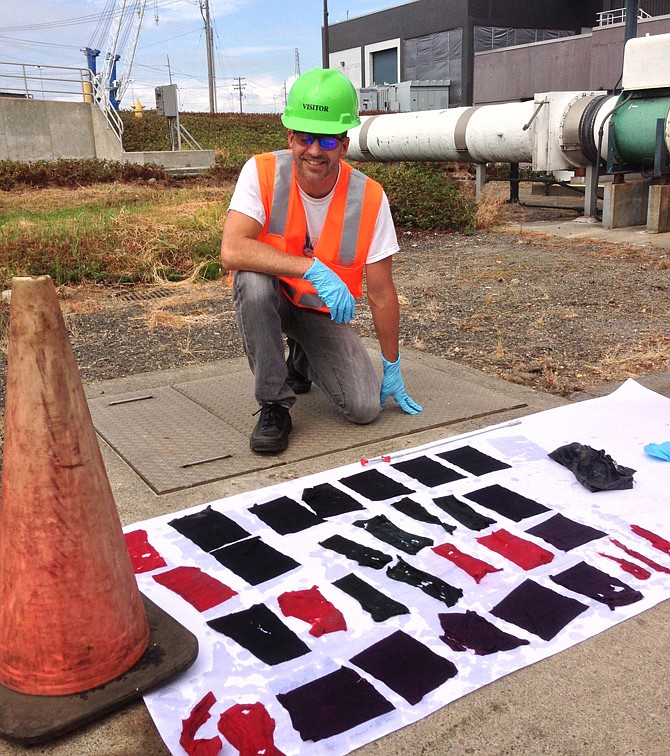BEMUS POINT, N.Y. (AP) - Increasingly popular bathroom wipes - pre-moistened towelettes that are often advertised as flushable - are being blamed for creating clogs and backups in sewer systems around the nation.
What not to flush
[]Wastewater authorities say wipes may go down the toilet, but even many labeled flushable aren't breaking down as they course through the sewer system. That's costing some municipalities millions of dollars to dispatch crews to unclog pipes and pumps and to replace and upgrade machinery.
The problem got so bad in this western New York community this summer that sewer officials set up traps - basket strainers in sections of pipe leading to an oft-clogged pump - to figure out which households the wipes were coming from. They mailed letters and then pleaded in person for residents to stop flushing them.
"We could walk right up, knock on the door and say, "Listen, this problem is coming right from your house,'" said Tom Walsh, senior project coordinator at South & Center Chautauqua Lake Sewer Districts, which was dispatching crews at least once a week to clear a grinder pump that would seize up trying to shred the fibrous wipes.
The National Association of Clean Water Agencies, which represents 300 wastewater agencies, says it has been hearing complaints about wipes from sewer systems big and small for about the past four years.
That roughly coincides with the ramped-up marketing of the "flushable cleansing cloths" as a cleaner, fresher option than dry toilet paper alone. A trade group says wipes are a $6 billion-a-year industry, with sales of consumer wipes increasing nearly 5 percent a year since 2007 and expected to grow at a rate of 6 percent annually for the next five years.
One popular brand, Cottonelle, has a campaign called "Let's talk about your bum" and ads showing people trying to wash their hair with no water. It ends with the tagline: "You can't clean your hair without water, so why clean your bum that way?"
Manufacturers insist wipes labeled flushable aren't the problem, pointing instead to baby and other cleaning wipes marked as nonflushable that are often being used by adults.
"My team regularly goes sewer diving" to analyze what's causing problems, said Trina McCormick, a senior manager at Kimberly-Clark Corp., maker of Cottonelle. "We've seen the majority, 90 percent in fact, are items that are not supposed to be flushed, like paper towels, feminine products or baby wipes."
Wastewater officials agree that wipes, many of which are made from plastic, aren't the only culprits but say their problems have escalated with the wipes market.
Vancouver, Wash., sewer officials say wipes labeled as flushable are a big part of a problem that has caused that city to spend more than $1 million in the past five years replacing three large sewage pumps and eight smaller ones that were routinely clogging.
The problem got worldwide attention in July when London sewer officials reported removing a 15-ton "bus-sized lump" of wrongly flushed grease and wet wipes, dubbed the "fatberg."
The complaints have prompted a renewed look at solving the problem.
Nicholas Arhontes, director of facilities support services in Orange County, Calif., has a simple rule for what should go down the toilet.
"Only flush pee, poop and toilet paper," he said, "because those are the only things that sanitary sewers were really designed for in the old days."

